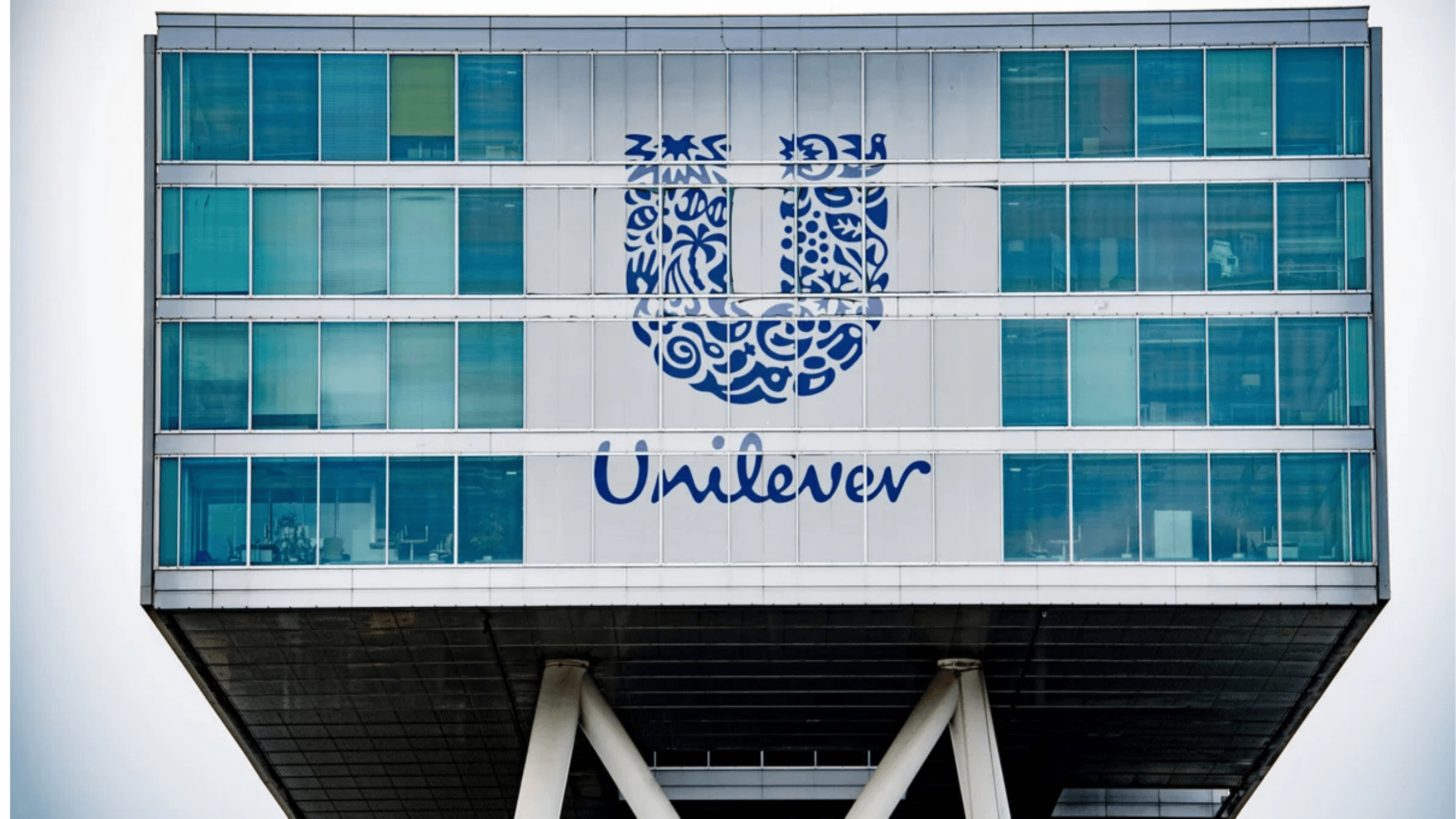October 24, 2025
– 4 minute read
Discover how authentic Corporate Social Responsibility (CSR) builds trust, strengthens brand reputation, and drives long-term customer loyalty through shared values.

Cormac O’Sullivan
Author
Customer loyalty and CSR are deeply connected. Today’s customers expect brands to act responsibly, not just sell. When corporate social responsibility aligns with customer values, it builds trust, emotional connection, and long-term loyalty. Yet, poorly executed CSR can harm credibility, making authenticity and consistency essential for sustainable brand relationships.

What is Corporate Social Responsibility?
Corporate Social Responsibility (CSR) is a company’s commitment to act ethically while making a positive impact on society and the environment. It goes beyond profit, focusing on accountability to stakeholders and the wider community.
Philanthropy includes charitable giving, community projects, and partnerships with non-profits. These initiatives build goodwill and strengthen a brand’s social image when they reflect genuine values.
Ethical practices cover fair labor, transparency, and integrity across operations and supply chains. Strong ethics build trust and support long-term customer loyalty.
Sustainability initiatives focus on environmental responsibility through waste reduction, using renewable energy, and sustainable sourcing. These efforts attract socially conscious customers who value responsible brands.
How Does CSR Benefit Companies
Corporate Social Responsibility (CSR) offers both ethical and business benefits. Beyond fulfilling moral duties, CSR initiatives strengthen a company’s market position, enhance brand image, and foster long-term customer loyalty. These advantages occur only when CSR is genuine, consistent, and aligned with the brand’s values.
Strengthening Brand Reputation and Public Image
A company’s reputation often shapes its success. Effective CSR activities, like fair labor practices or community engagement, create trust and credibility.
Customers tend to support brands that make positive contributions to society, boosting public perception. However, if CSR efforts seem forced or insincere, they can be seen as marketing stunts, which may damage brand image instead of enhancing it.
Creating a Competitive Edge Through CSR
In markets full of similar products, CSR can help a company stand out. Businesses that include sustainability, ethical sourcing, or social impact in their strategy attract consumers who care about responsibility.
This difference improves long-term competitiveness. However, as CSR becomes common, staying genuine and innovative is key to keeping this advantage. This approach not only boosts brand image but also strengthens customer loyalty and loyalty among employees.
Using CSR to Attract and Keep Top Talent
CSR also strengthens a company’s internal culture. Employees increasingly look for workplaces that match their personal values. Companies recognized for social responsibility often see higher retention and engagement.
However, if internal practices conflict with external CSR messages, employees may lose trust, harming both morale and brand image. Aligning internal policies with CSR initiatives ensures authenticity, increasing employee commitment and satisfaction.
Boosting Customer Loyalty Through Responsible Practices
Responsible practices such as transparency, sustainability, and ethical conduct directly impact customer loyalty. When customers know their purchases support a greater purpose, they form emotional connections that go beyond transactions.
However, CSR alone cannot maintain loyalty; product quality, service, and value must support these efforts. Including responsibility in every part of the customer experience ensures long-term trust and advocacy. A study by Harvard Business School found that 80% of consumers believe that a company's commitment to corporate social responsibility (CSR) can increase customer loyalty.
How CSR Drives Customer Loyalty
Corporate Social Responsibility (CSR) is now more than a branding tool; it drives meaningful, long-term customer loyalty. When CSR initiatives match customer expectations and values, they strengthen emotional connections, improve experiences, and turn customers into advocates.
Connecting CSR Initiatives to Customer Values
Customers now expect brands to stand for more than just profit. When CSR initiatives like sustainability or ethical sourcing match their values, they build trust and emotional connection.
Brands that recognize and act on their customers’ values create loyalty based on shared purpose. However, CSR efforts that are disconnected or poorly communicated can seem performative, weakening customer relationships instead of strengthening them.
Building Emotional Bonds with Customers
CSR helps brands create emotional bonds by connecting with customers’ sense of belonging and responsibility. When customers see that their purchases support positive social or environmental outcomes, they feel proud to back the brand.
This emotional connection often encourages repeat purchases and long-term customer loyalty. On the other hand, if customers notice hypocrisy in CSR messaging that doesn’t match company actions, the emotional bond can quickly break.
Enhancing Customer Experience Through CSR
CSR can improve the customer experience by including responsible practices throughout the product or service journey. For instance, sustainable packaging or ethical production increases perceived value and satisfaction.
However, CSR should support not replace core elements like quality and service, which are essential for maintaining loyalty. When done carefully, CSR turns everyday interactions into meaningful experiences that build long-term customer relationships.
Driving Word-of-Mouth and Brand Advocacy
Loyal customers often turn into advocates, sharing their positive experiences with others. Strong CSR stories, when genuine and visible, encourage organic promotion and social proof. However, if CSR claims are exaggerated or unclear, they can lead to public criticism instead of support.
Consistently showing real responsibility motivates customers to champion the brand, increasing reach and credibility.
Measuring the Impact of CSR on Customer Loyalty
To understand whether corporate social responsibility (CSR) initiatives genuinely influence customer loyalty, companies must move beyond intentions and assess measurable outcomes. Effective evaluation combines customer perceptions, behavioral data, and long-term performance indicators to determine whether CSR contributes to sustained loyalty rather than short-term goodwill.
Customer perception metrics are often the first indicator of CSR impact. Surveys measuring trust, perceived brand authenticity, and alignment with personal values help identify whether customers recognize and believe in a company’s responsible practices. Increases in brand trust and willingness to recommend the brand suggest that CSR initiatives resonate emotionally with customers.
Behavioral loyalty metrics provide stronger evidence of impact. Repeat purchase rates, customer retention, and customer lifetime value reveal whether responsible practices influence long-term purchasing behavior. When improvements in these metrics follow the introduction or expansion of CSR initiatives, it indicates that responsibility plays a role in strengthening loyalty beyond transactional relationships.
5 Examples of Corporate Social Responsibility and Customer Loyalty

Patagonia
Patagonia is widely recognized for embedding environmental responsibility into its core business model. The company prioritizes sustainability, environmental activism, and responsible consumption, encouraging customers to repair and reuse products instead of replacing them. This strong commitment resonates with environmentally conscious consumers who value authenticity. As a result, customer loyalty is driven by shared values rather than price or product availability. Patagonia’s customers often demonstrate long-term commitment to the brand because they see their purchases as a reflection of their personal beliefs.

Starbucks
Starbucks uses CSR to strengthen trust and repeat engagement through ethical sourcing and community-focused initiatives. Its emphasis on fair trade coffee, farmer support programs, and local community investment reassures customers that their purchases contribute to positive social outcomes. This sense of responsibility enhances brand credibility and encourages repeat visits. Customers who value ethical consumption are more likely to remain loyal to Starbucks, reinforcing both emotional attachment and habitual purchasing behavior.

Ben & Jerry’s
Ben & Jerry’s directly links CSR to its brand identity by taking visible positions on social justice, environmental protection, and climate action. The brand’s openness about its values attracts customers who share similar beliefs, creating strong emotional connections. Loyalty in this case is based less on product differentiation and more on ideological alignment. Customers often support the brand as a form of value expression, leading to high levels of advocacy and long-term brand commitment.

Unilever
Unilever demonstrates how CSR can drive loyalty at scale by integrating sustainability and social responsibility across its brand portfolio. Many of its products emphasize ethical sourcing, reduced environmental impact, and social well-being. Customers increasingly favor brands that demonstrate consistent responsible behavior, especially in competitive consumer goods markets. This consistency builds trust and encourages repeat purchasing, strengthening customer loyalty across everyday product categories.

IKEA
IKEA fosters customer loyalty through responsible sourcing, renewable materials, and sustainable product design while maintaining affordability. Its commitment to environmental responsibility allows customers to make ethical purchasing decisions without sacrificing practicality. By combining sustainability with accessible pricing and functional design, IKEA builds trust and long-term relationships with customers who value both responsibility and value for money.
Conclusion
Effective corporate social responsibility initiatives create lasting trust and emotional connections that strengthen customer loyalty across a brand’s customer base. When companies communicate their efforts openly on social media, they raise awareness and engagement.
Authentic CSR activities generate positive impacts for both society and business enhancing brand image, inspiring support, and fostering long-term growth based on shared values, accountability, and meaningful community contributions.



